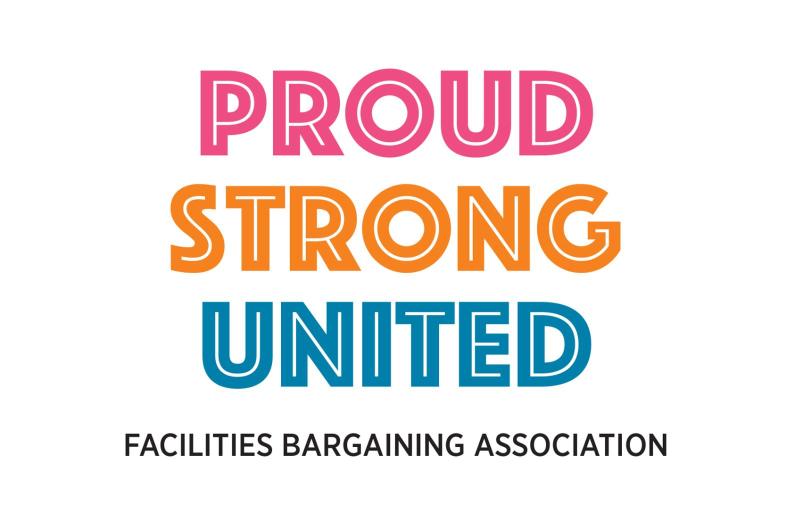For a third straight week, health and safety improvements were again at the centre of talks between Facilities Bargaining Association (FBA) and health employers’ representatives on July 23 and 24.
“This week the FBA presented several health and safety proposals on improving ergonomics, critical incident stress defusing and supports for supervisors,” says FBA lead negotiator and HEU secretary-business manager Lynn Bueckert. “We were also encouraged by the employers’ response to our proposals that address long-term disability and mental health coverage.”
“The FBA also presented proposals on making health care more inclusive, establishing a joint committee on childcare, strengthening member rights, access to union support, and addressing payroll errors,” says Bueckert.
Last Friday, the BC General Employees’ Union (BCGEU) announced bargaining for a new collective agreement covering more than 34,000 direct government employees had reached an impasse. An impasse is when the two sides involved in talks have reached a point where they are unable to make further progress towards an agreement, despite their best efforts.
“Recent news that the BCGEU is taking a strike vote among its members have many Facilities members wondering what this means for FBA negotiations,” says Bueckert.
“It’s important to recognize that FBA bargaining started a month after negotiations for a new contract for direct government employees got underway,” says Bueckert. “And, at B.C.’s largest public sector bargaining table, our negotiations for a renewed Facilities collective agreement are still progressing – for now.”
"Over the coming weeks, your FBA bargaining committee is moving the table forward on several key member priorities,” says Bueckert. “In particular, we are focused on finalizing our response to the employer’s initial offers on general wage increases and wage comparability adjustments that continue reversing the damaging 2004 BC Liberal cuts.”
The FBA remains in a strong position to move ahead with a strike vote and job action, should it be necessary. HEU has already spent several months negotiating and finalizing essential services across the province – in case health care unions need to escalate to job action, including a strike.
“There’s an entire process that needs to take place before members can move to job action, whether it’s an overtime ban, work-to-rule, or a full strike,” says Bueckert. “We will keep members informed every step of the way, if that is where we are headed.”
“A strike vote is one of the most powerful tools unions have to send a clear message to employers that we are prepared to defend our collective agreements – and take job action – if necessary” says Bueckert. “But the best result is to get a fair deal at the table without members having to take job action.”
Talks for a Facilities renewed agreement will continue July 29.
